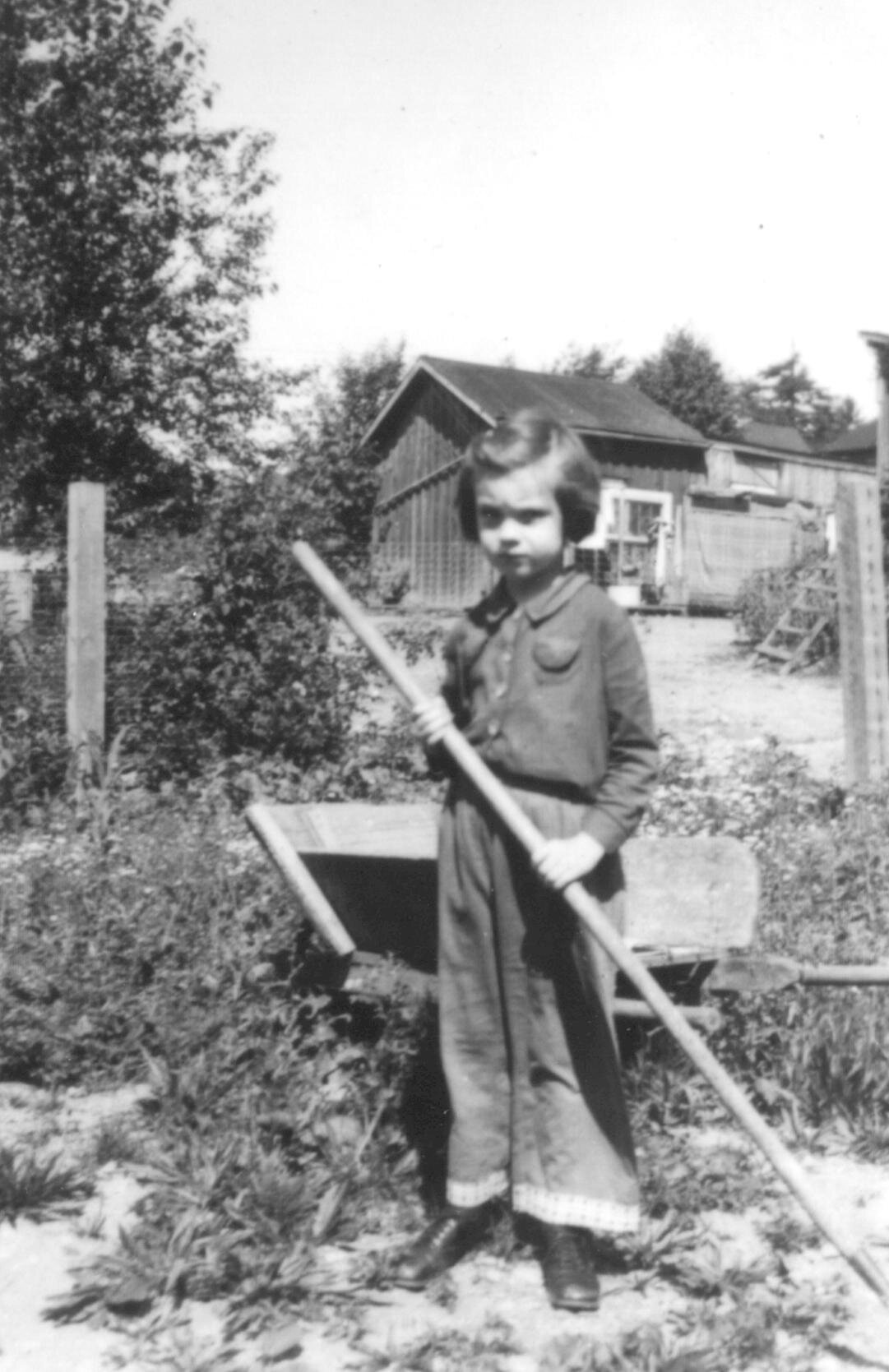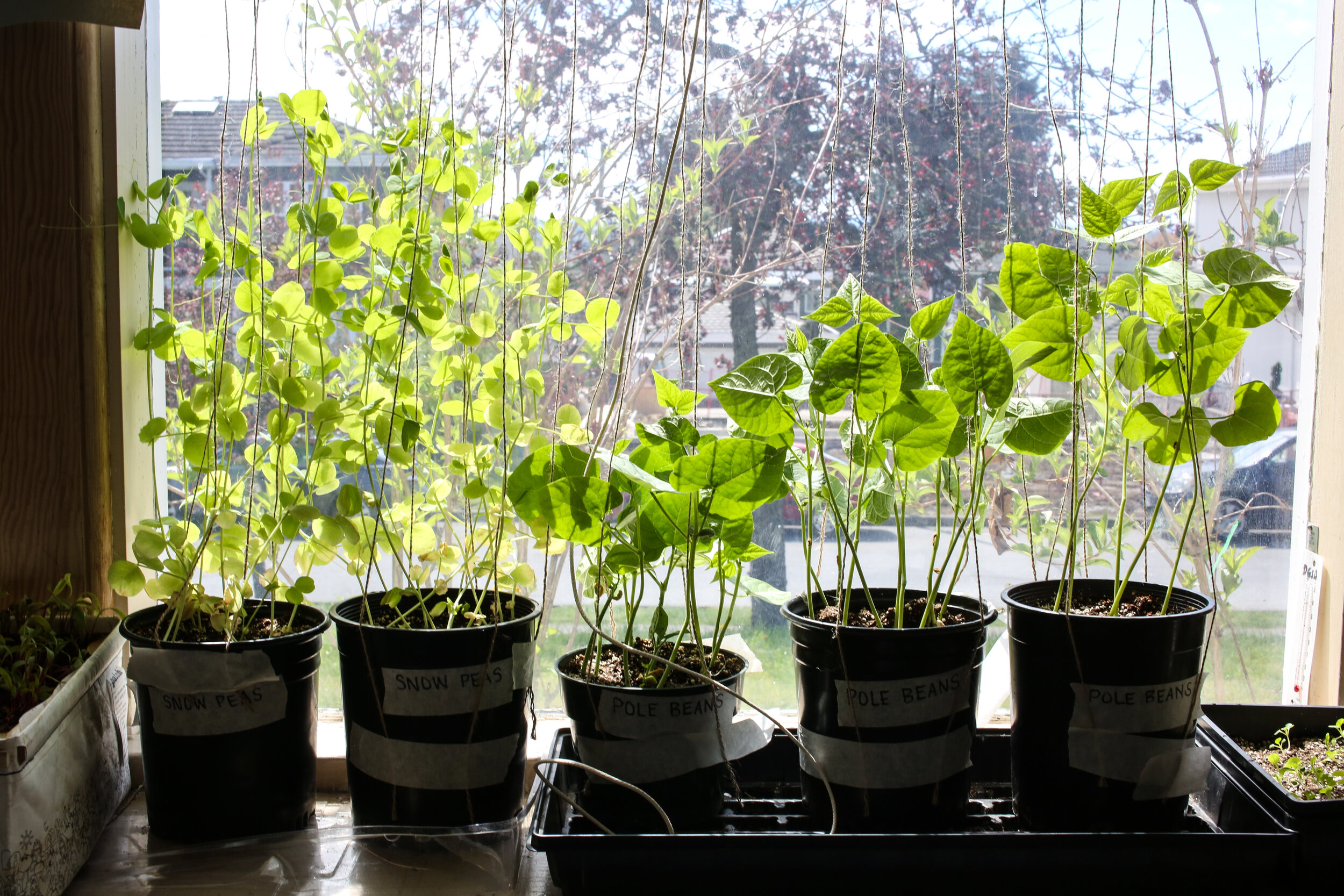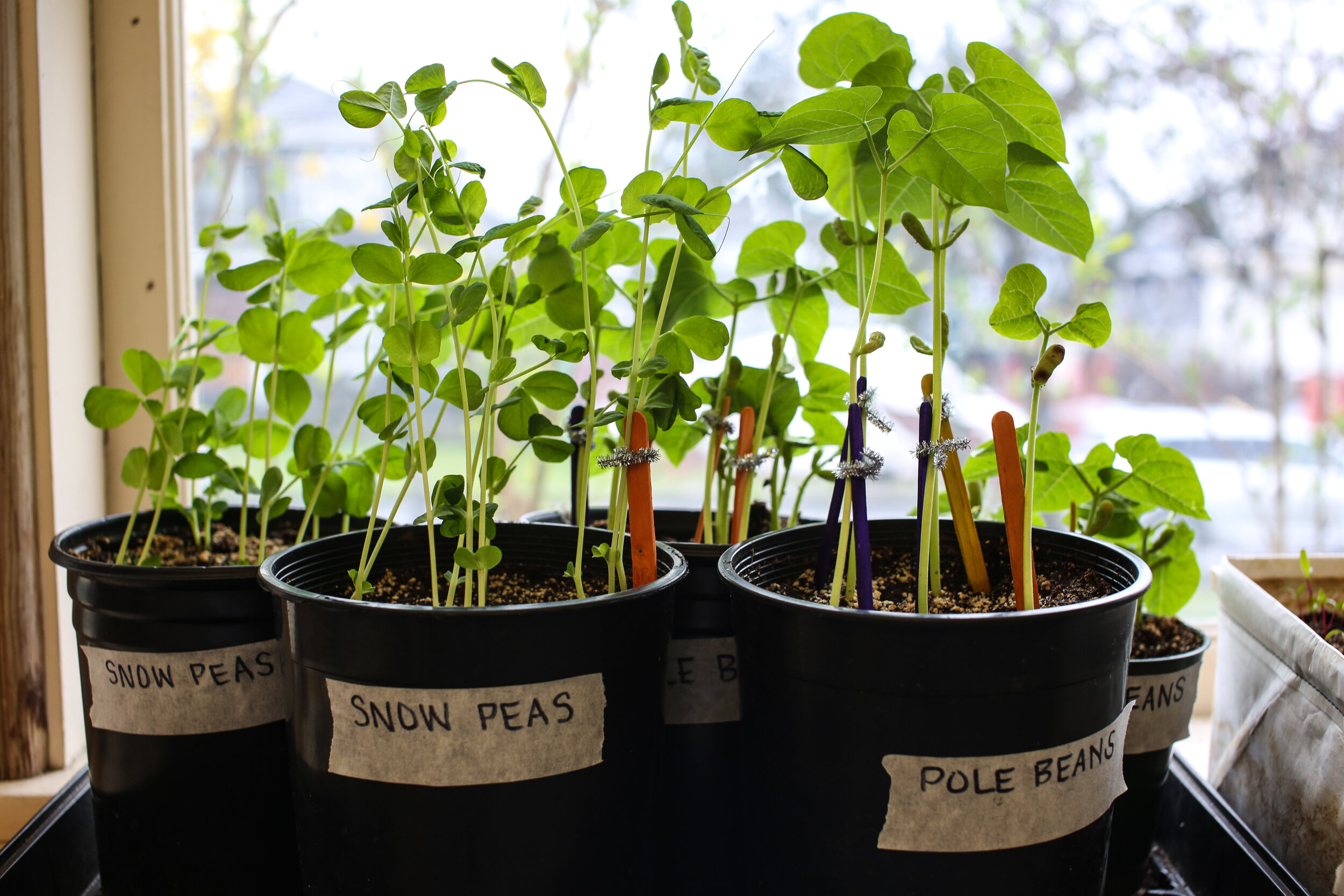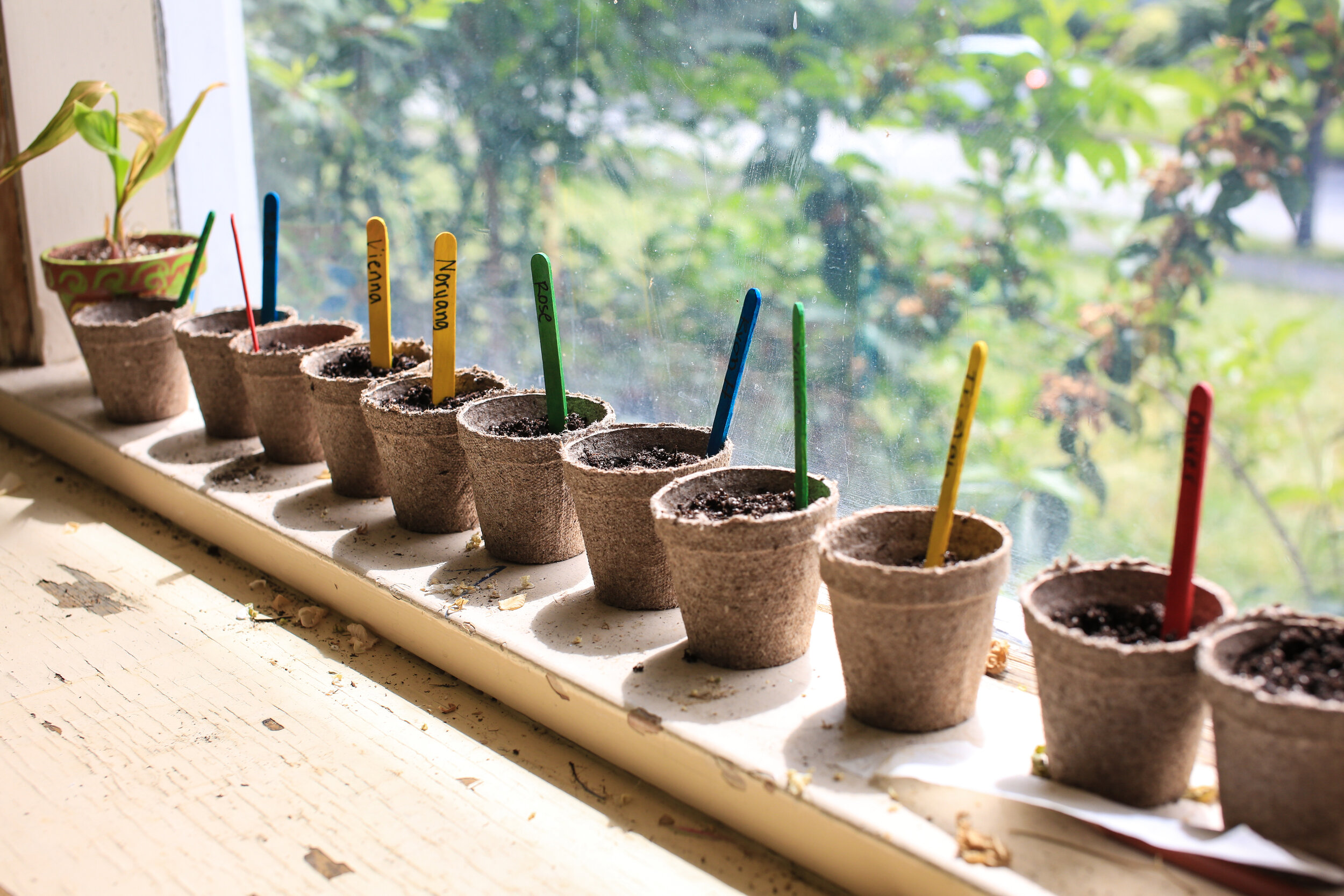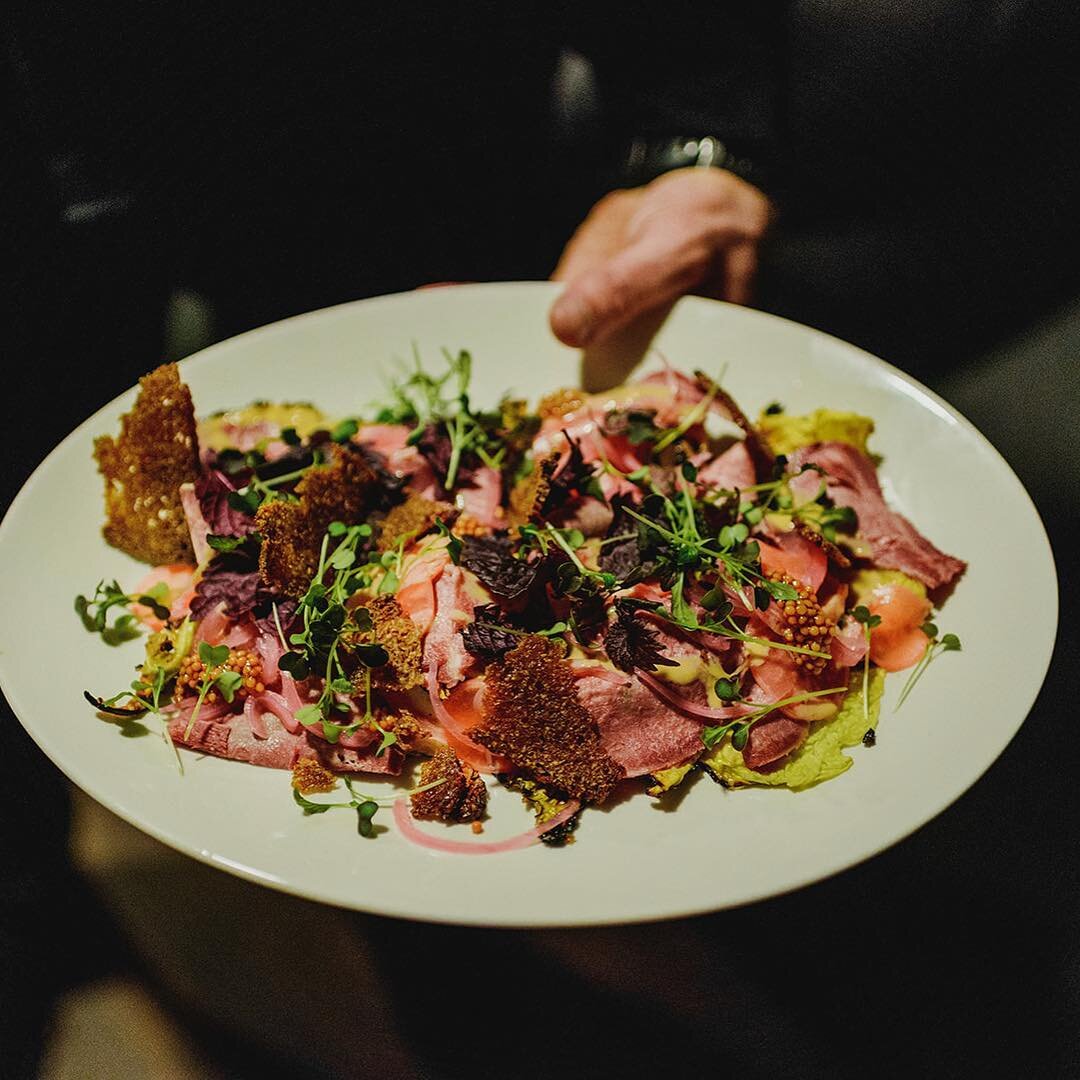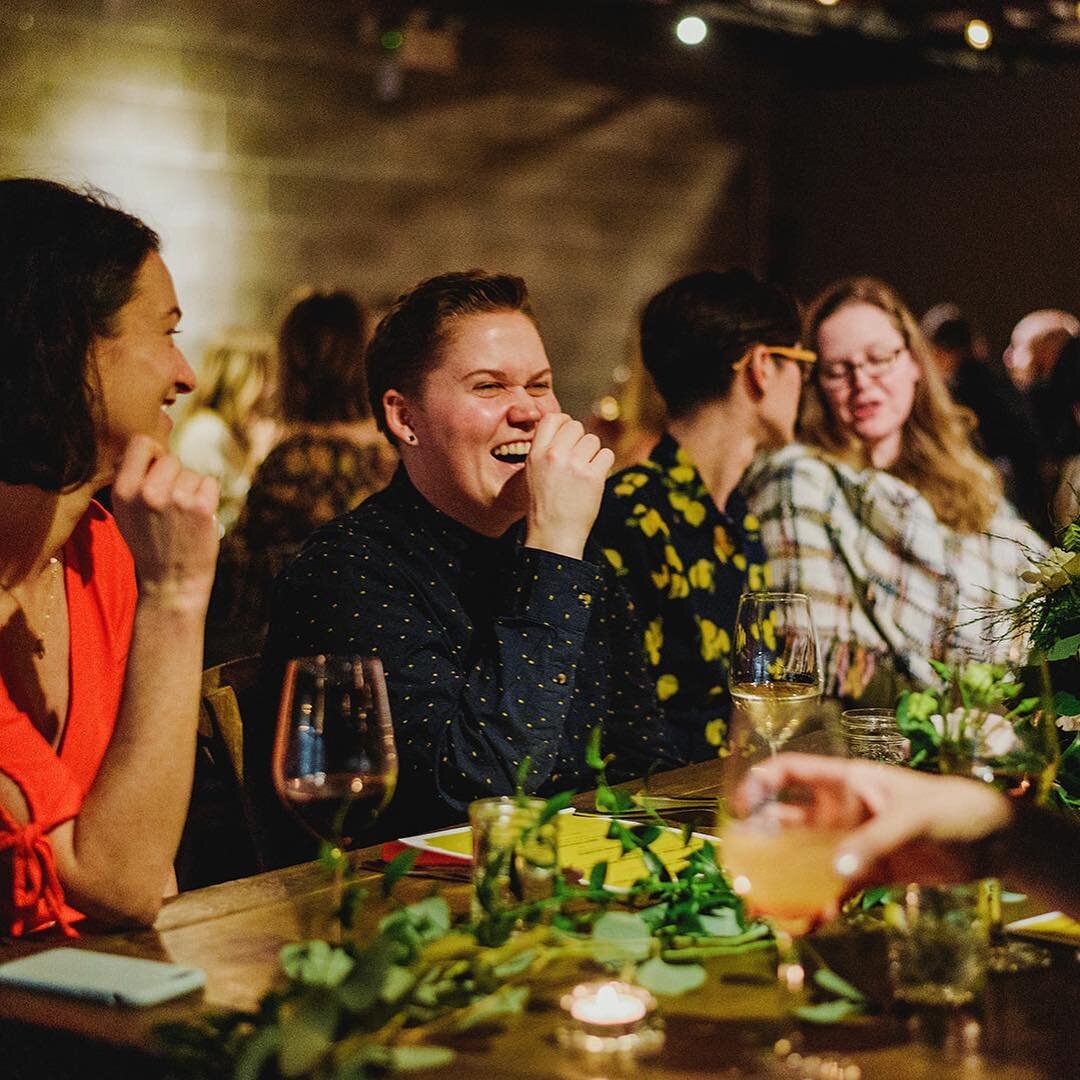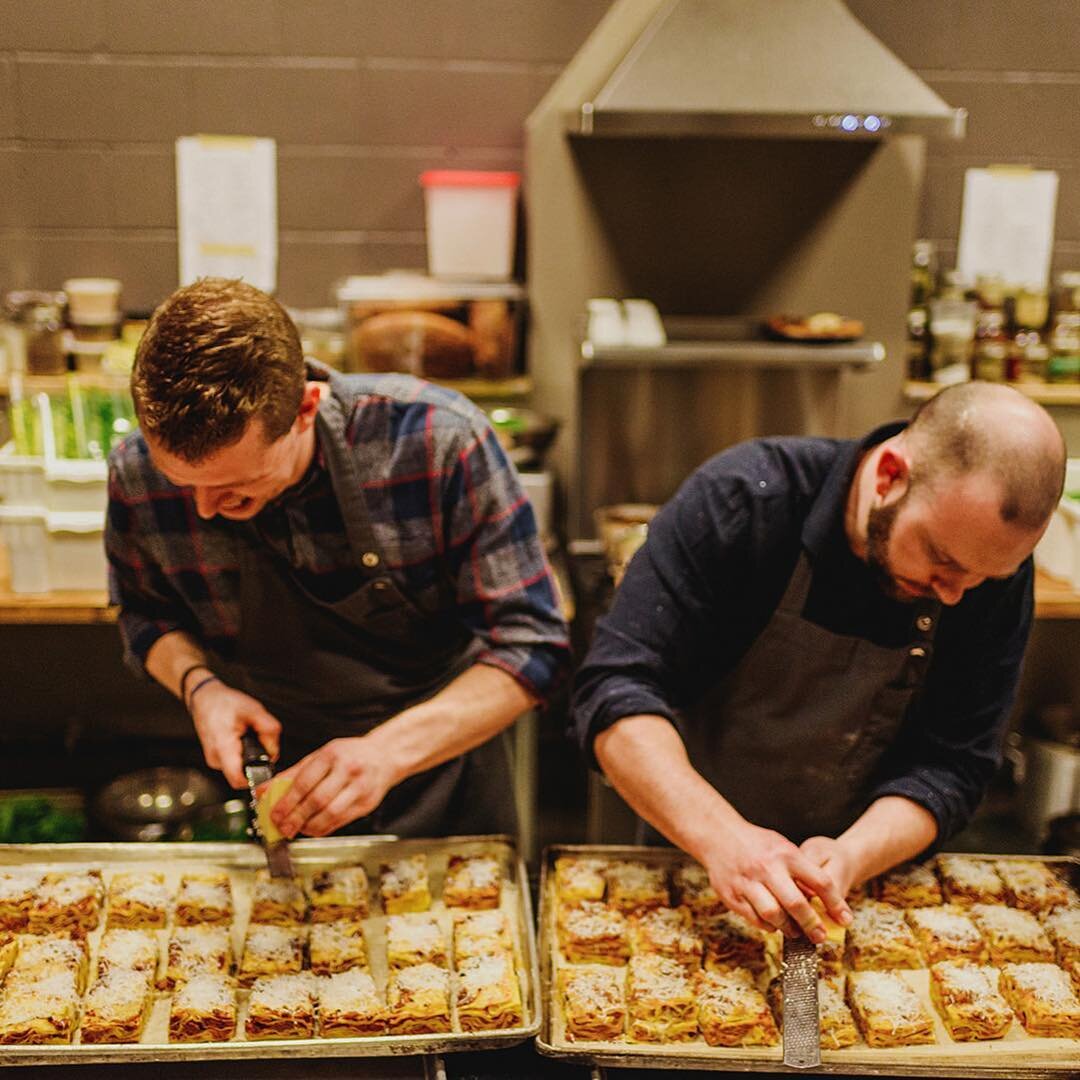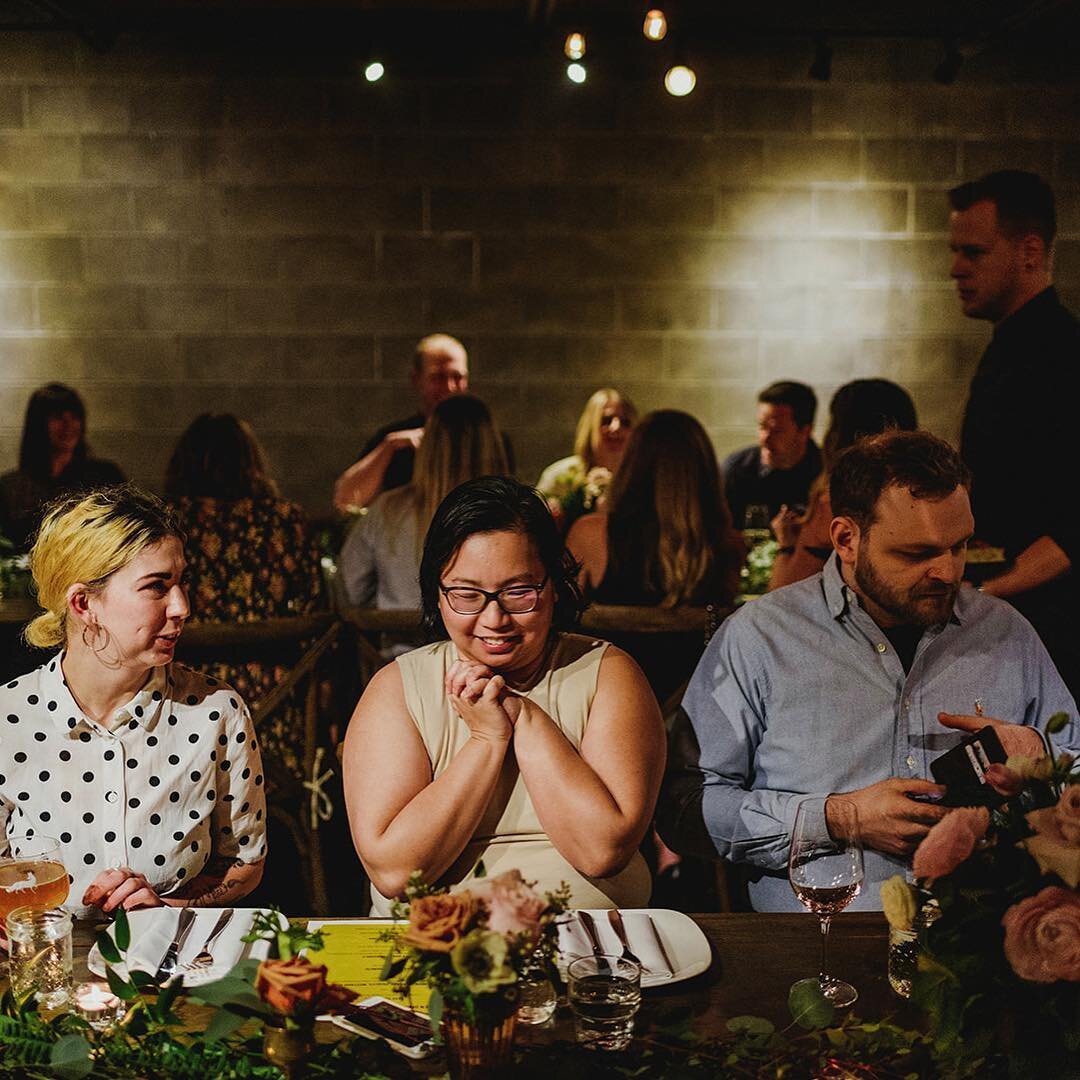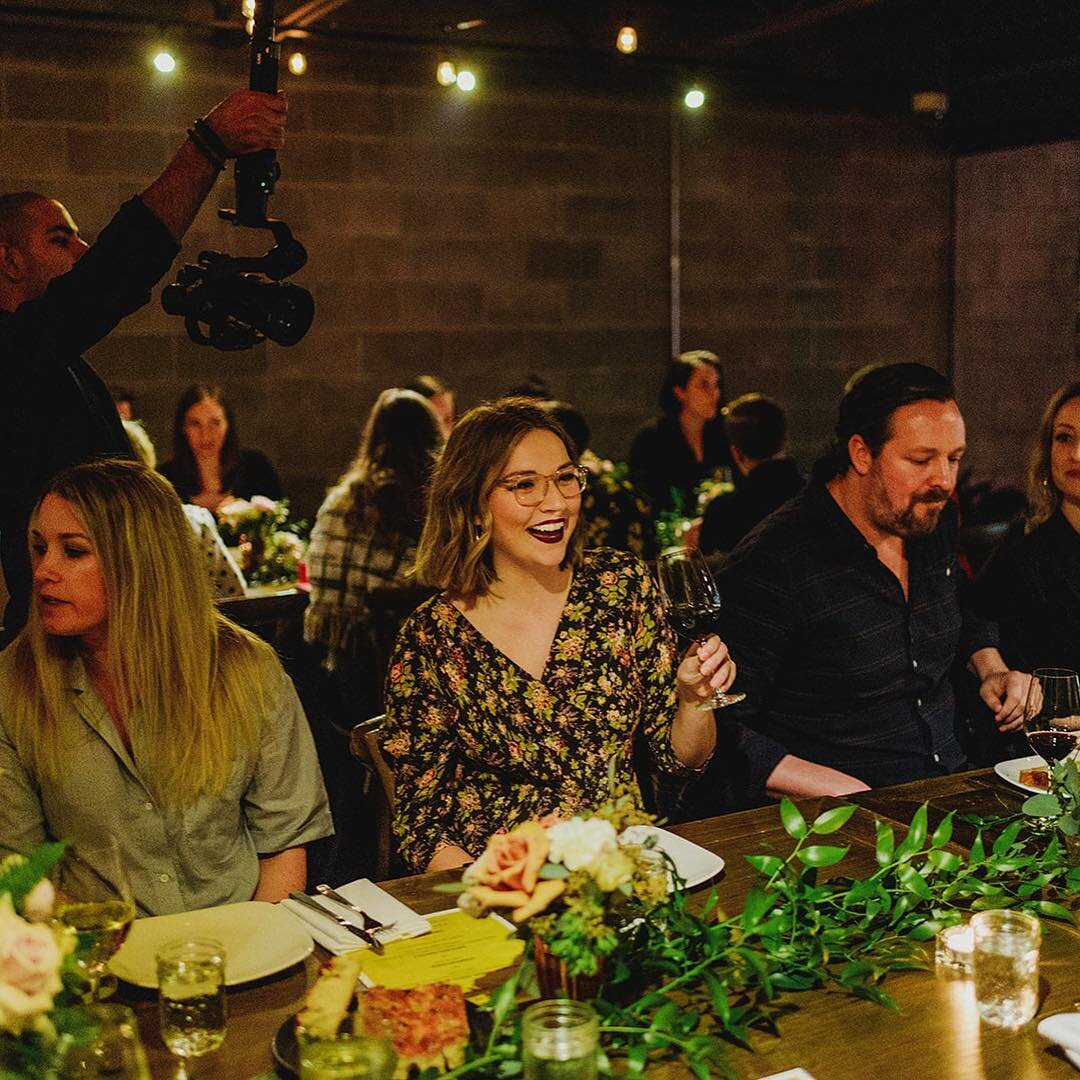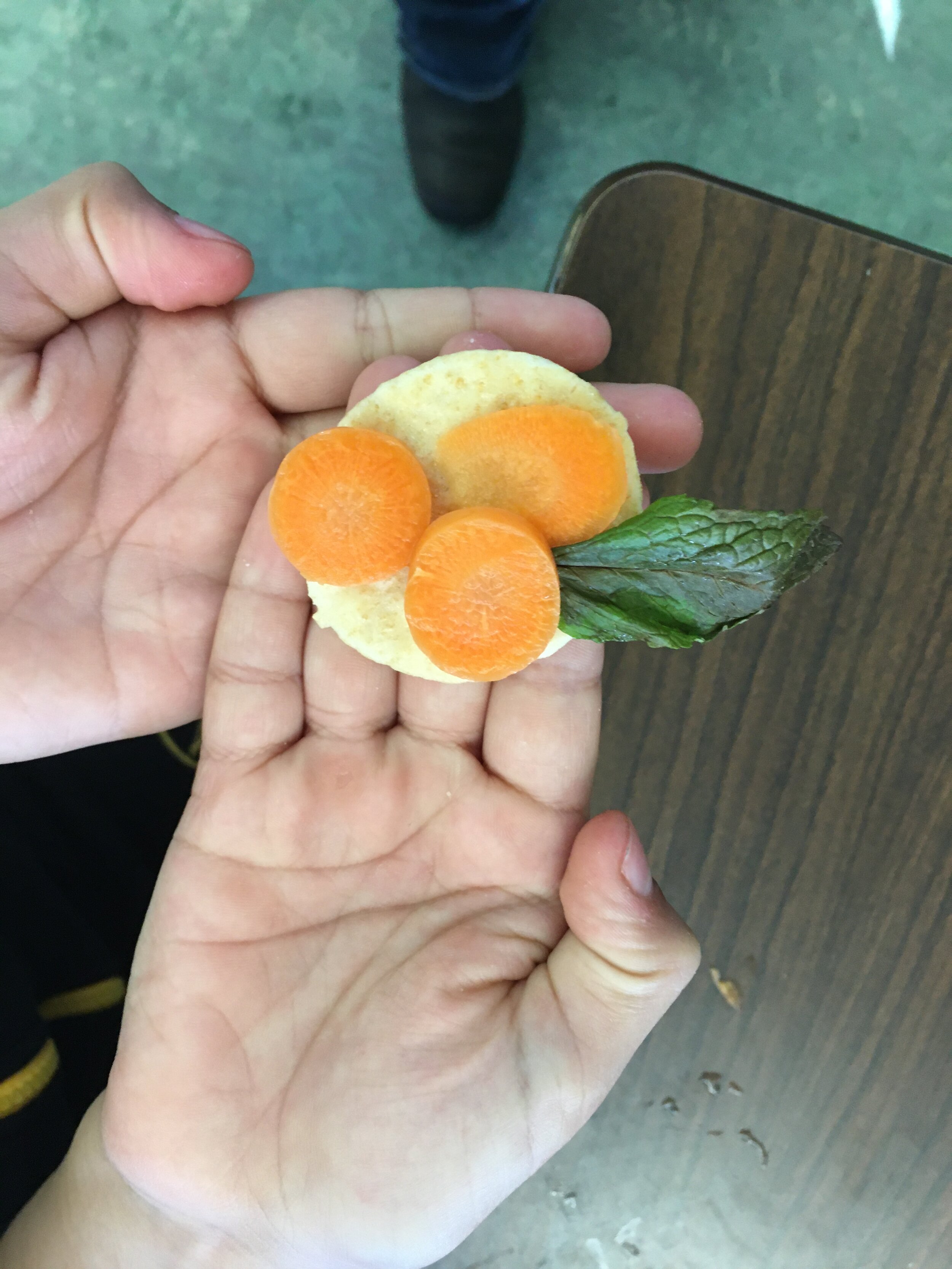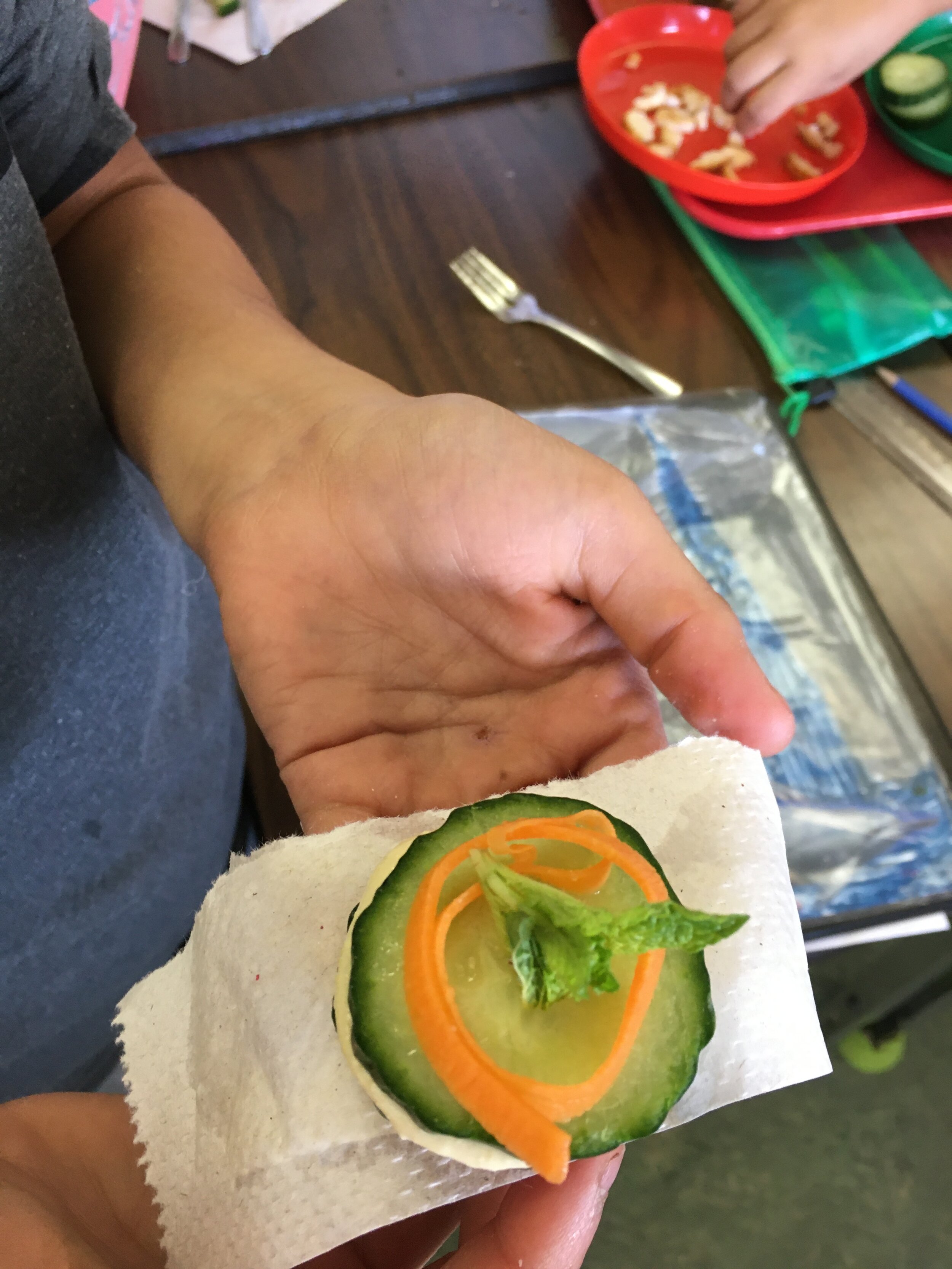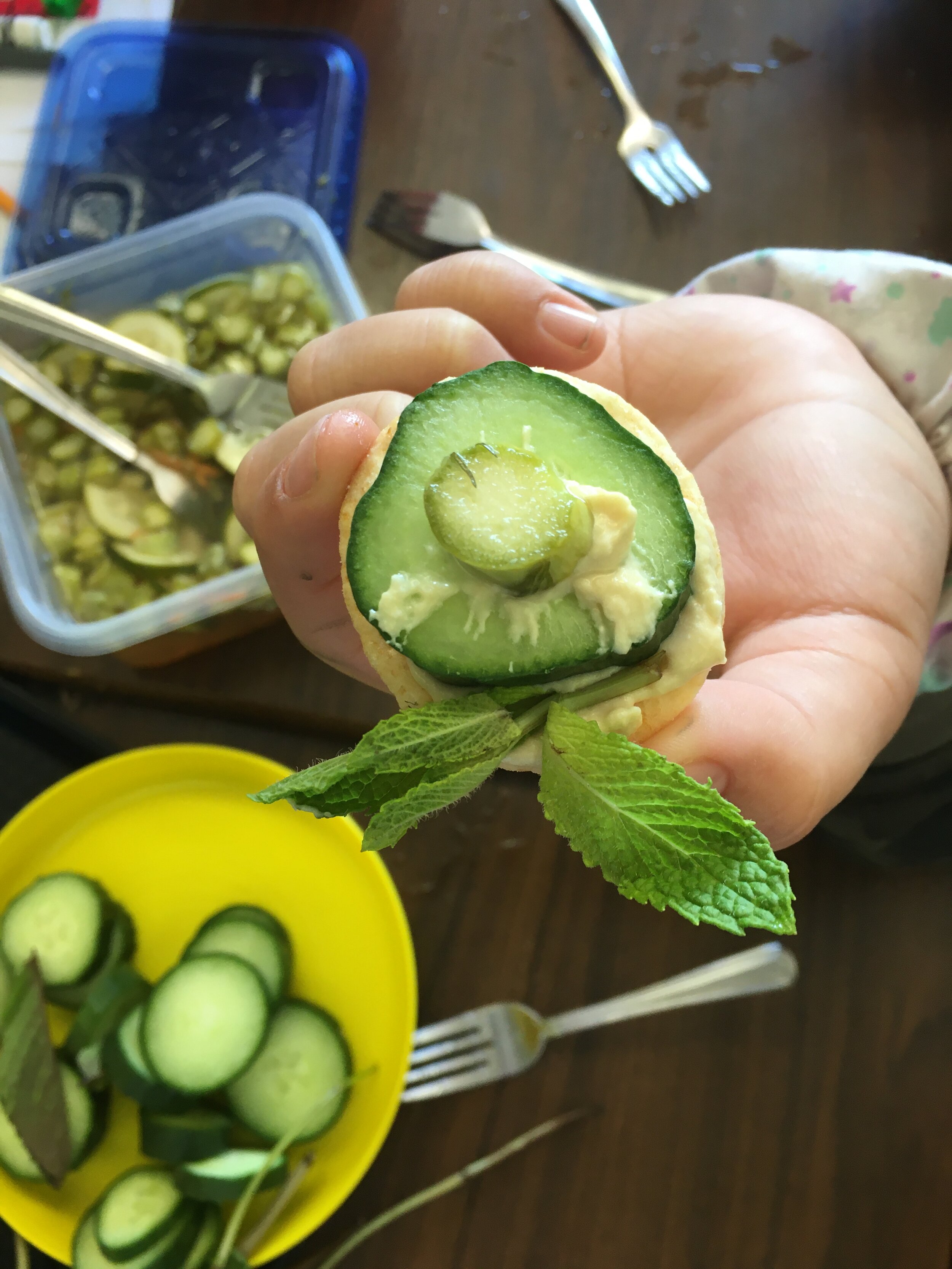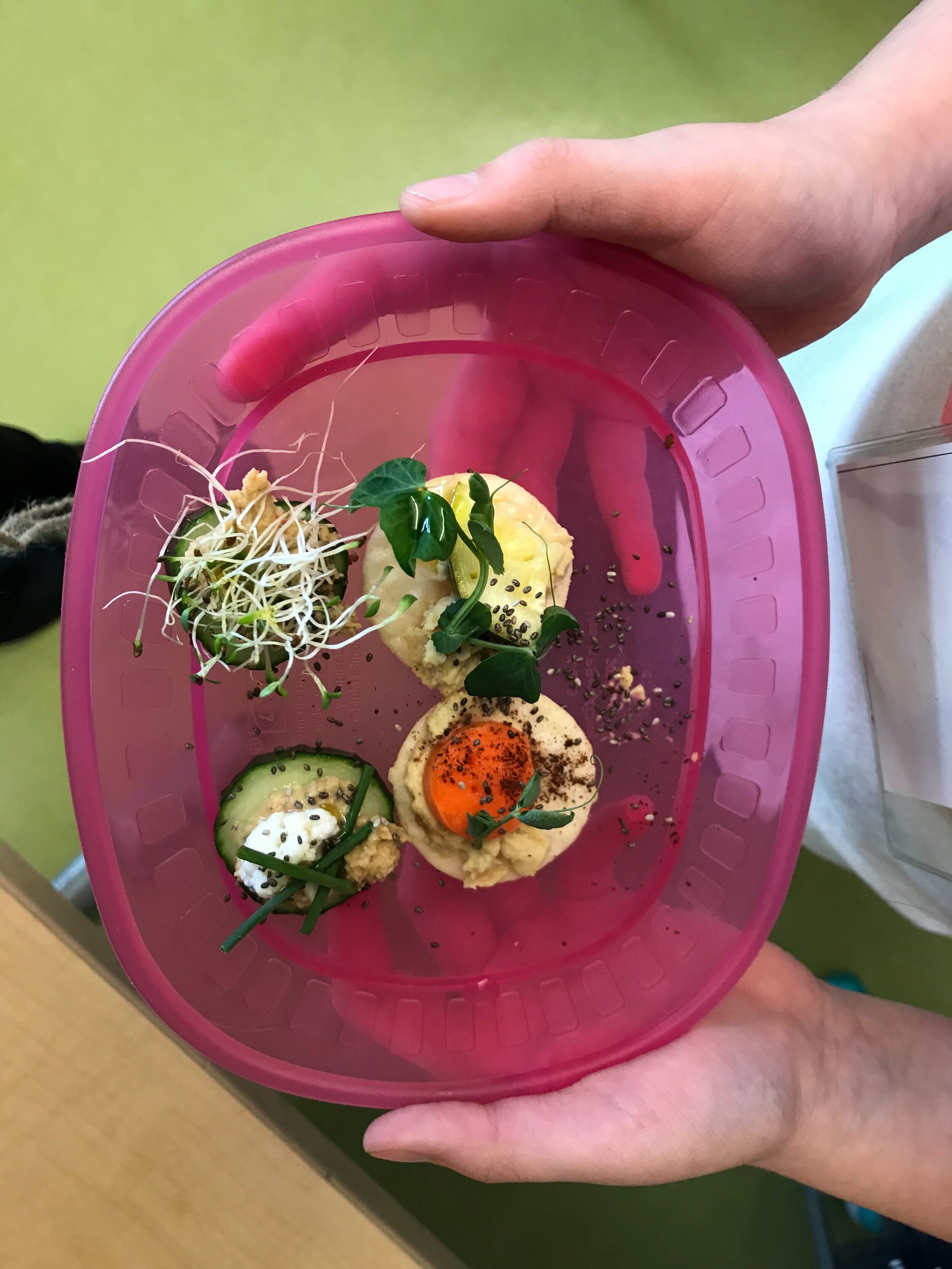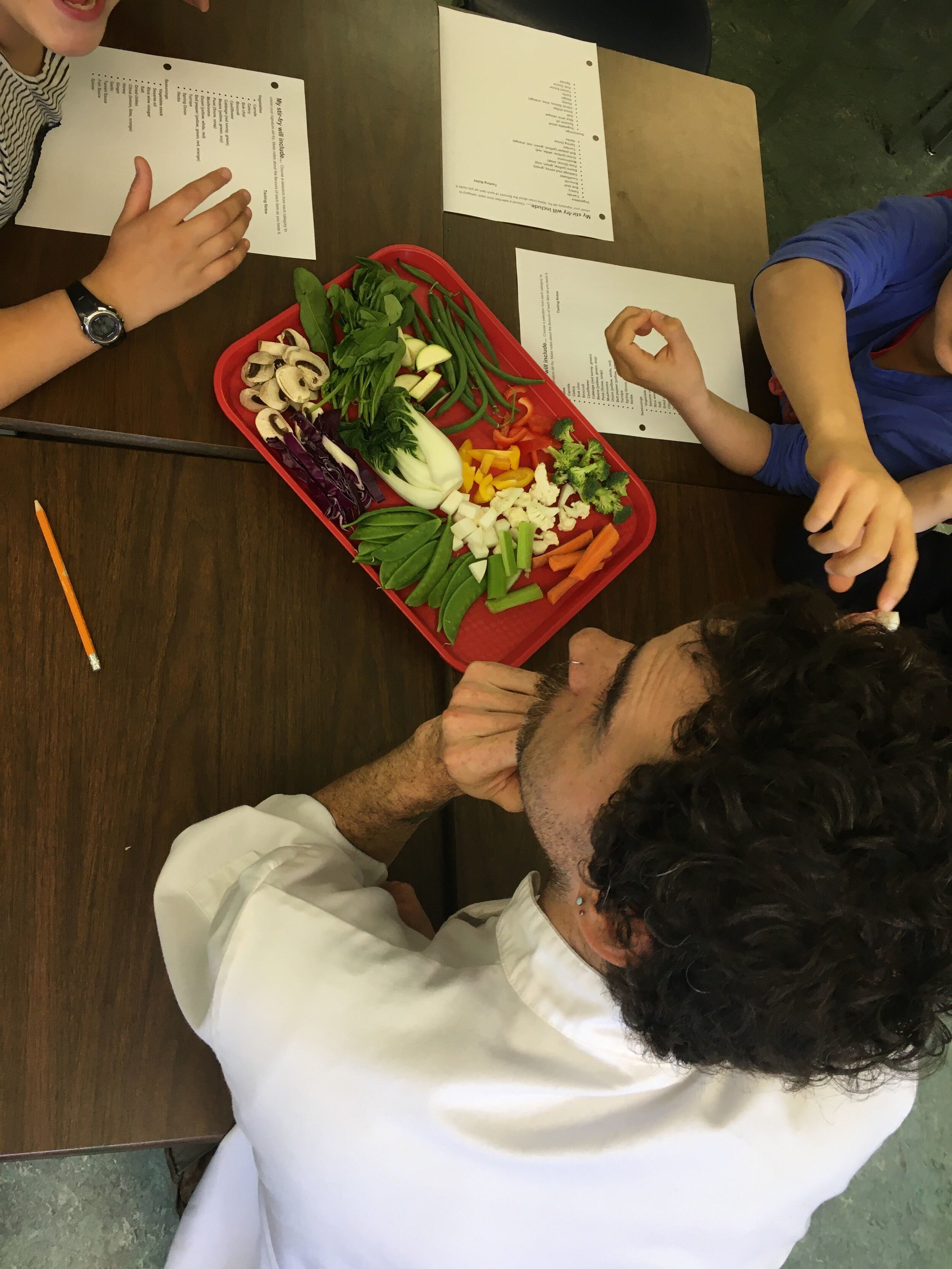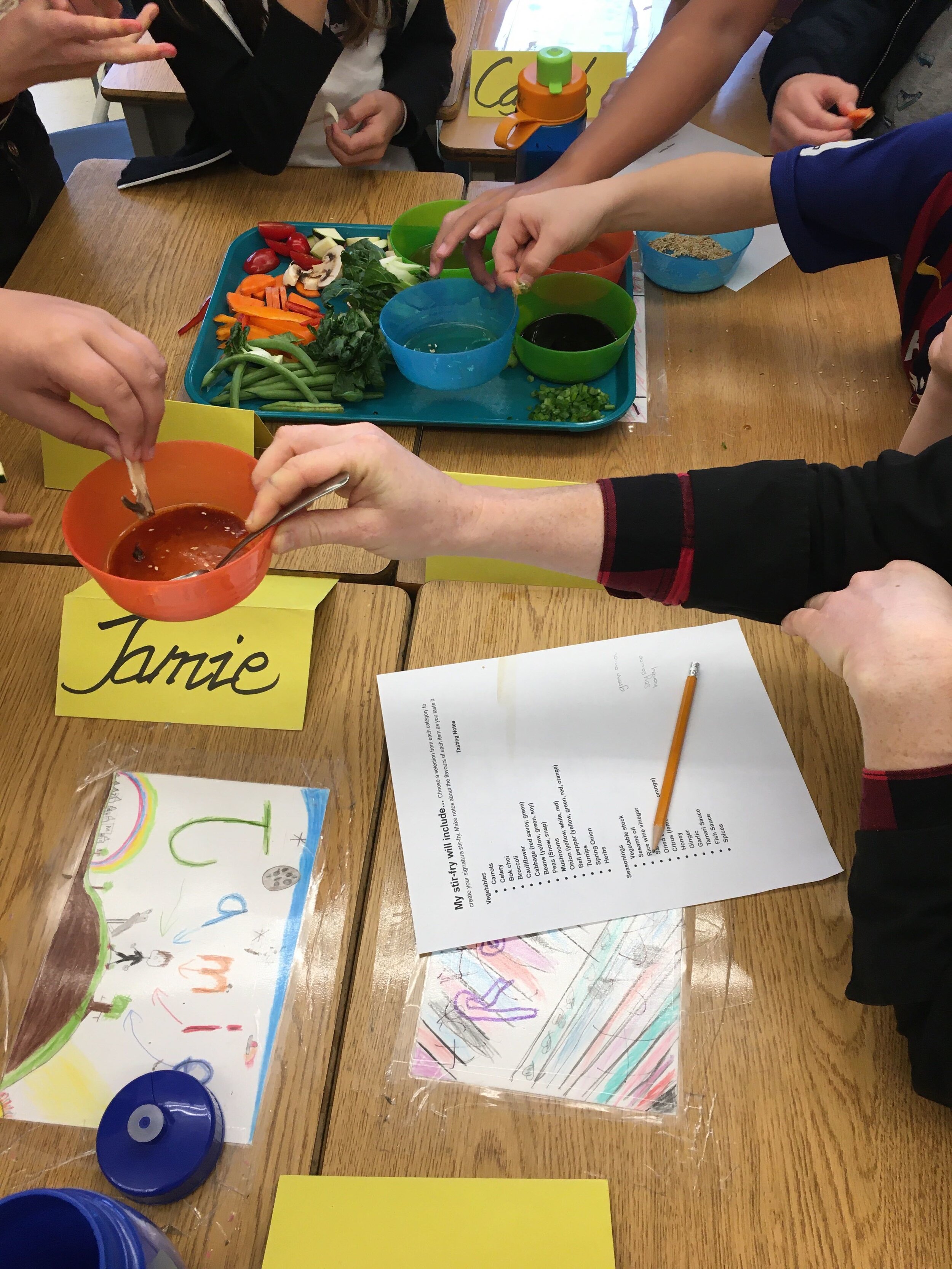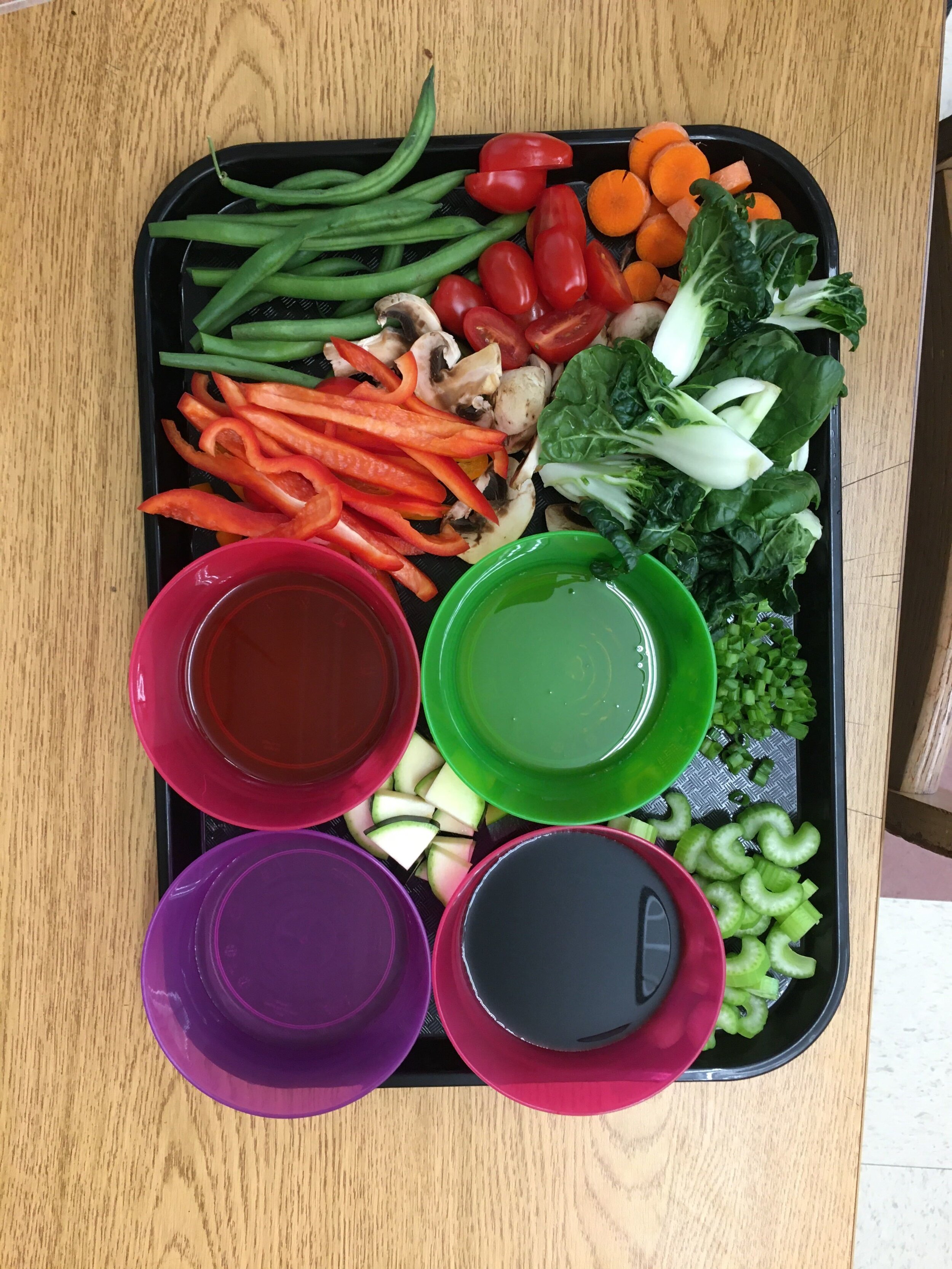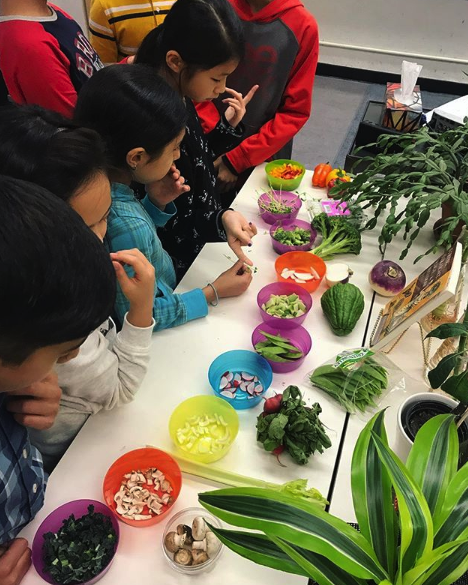Have you ever heard of a victory garden?
With the ongoing pandemic and global impacts of such an event, comparisons are being made to the last great crisis the world faced, World War Two. The prime minister himself has even made this comparison. Along with this comparison, the idea of victory gardens has also re-emerged, and become prominent across social media. Though our food supplies aren’t as at risk as in the days of world war rationing, one thing is clear, those who are not frontline workers, those of us who have been asked to stay at home, are looking for a way to contribute.
In Canada, victory gardens began in World War One. As a result of increased urbanization in the 19th and early 20th centuries, more people lived in cities and urban centres than at any other time in history, and many lacked the skills to grow home or kitchen gardens. During the First World War, to encourage and spread information on the importance of home gardens, women’s organizations sponsored expert gardeners to go into schools and teach children how to garden. These home gardens were then brought back again during the Second World War. Presumably, the children who received schoolroom teaching about gardening in world war one retained that knowledge once again for wartime use.
Teenage girls in Maple Ridge clearing a local plot of land for a garden, 1941. (Maple Ridge Museum and Community Archives P04889)
Young girl helping to plant kitchen garden outside her home in Maple Ridge, 1945. (Maple Ridge Museum and Community Archive P04936)
Today, with our current crisis being vastly different from a world war, I suggest a rechristening of victory gardens to ‘Health Gardens.” We are not at war and what we are striving for isn’t victory in battle, but victory in health. Good health to our friends, family, healthcare workers, frontline workers, and everyone all over the world. Our health gardens are looking towards that hope for a COVID-19 free world. They are taking advantage of the spring season, a time of rejuvenation and rebirth. Just like with world war victory gardens, they mean more than providing necessary food, they also feed our mental health.
It is spring and the world is blooming. In this time of self-isolation, we are all working to maintain our physical and mental health, planting a health garden works towards both of those ends. A health garden can be a cleared space in a backyard, in pots on a balcony, even in a jar on the windowsill. Plant the end off of your store-bought lettuce, plant the seeds out of your lemon, plant something, and watch it grow. Just like with victory gardens, the victory doesn’t come when the vegetables are ready to eat, it comes with the hope we feel watching the new life we planted taking shape.



